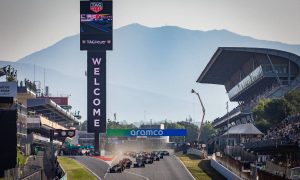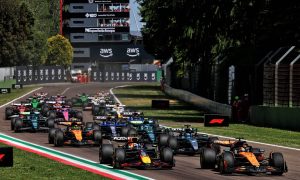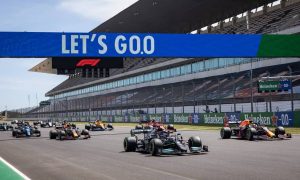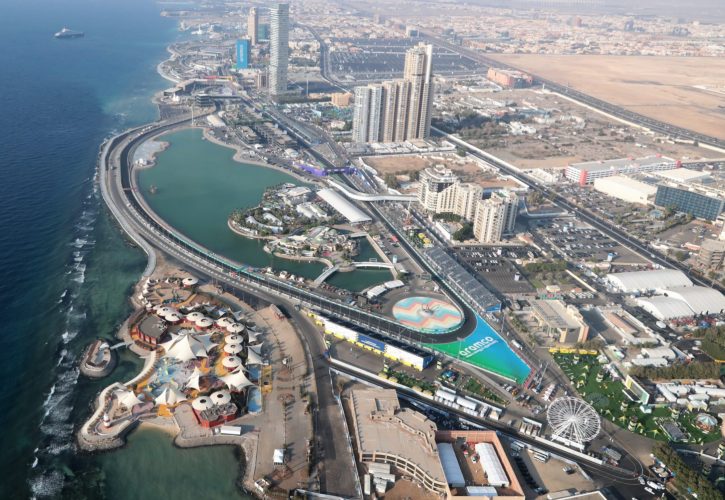
Saudi Arabian Grand Prix boss Martin Whitaker expects F1 drivers to be pleased with the safety changes undertaken at Jeddah for the event's third instalment.
Last year, Formula 1 returned to a slightly revised track in Jeddah, where modifications were made after the inaugural event in December 2021 to improve sight lines in several areas around the 6.175 km facility as well as the width of the track's final corner.
But further ameliorations to driver sight lines and safety have been added at the high-speed venue for this weekend's round of racing.
‘Rumble Lines’ have been added at Turns 3, 14, 19, 20 and 21, while beveled kerbs have been installed in place of steel ones at Turns 4, 8, 10, 11, 17 and 23.
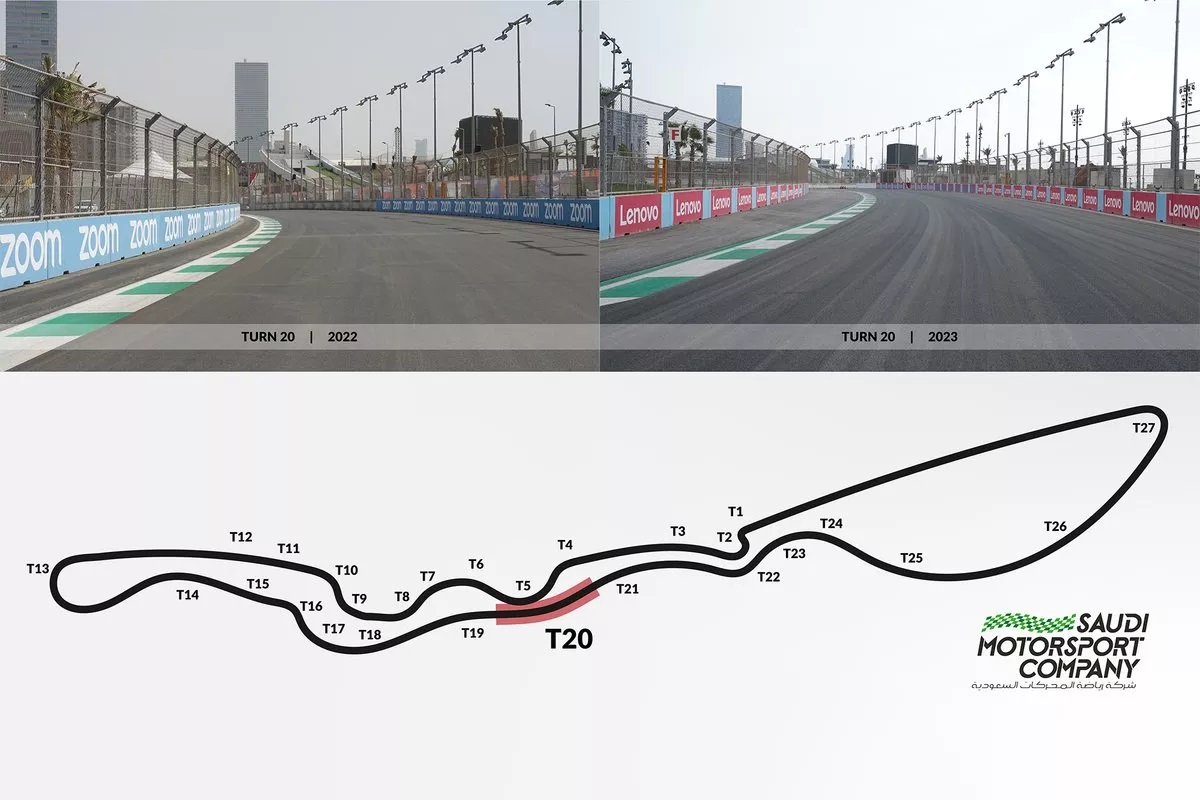
Regarding driver sightlines, the fence walls on the left and right at Turns 14 and 20 have been shifted back, and rumble lines have been installed. The walls have also been pushed back at Turns 8 and 10 where visibility has been improved
The final changes involve the high-speed Turns 22 and 23 complex where the ‘S’ shape has been squeezed thanks to an adjustment of the fence at T23, and where a beveled kerb has been added.
The end result will reduce speeds through the sequence by approximately 50 km/h.
"The drivers are going to be I think, really quite pleased because obviously the first time they get a chance to have a look will be when they walk around on Thursday," Whitaker told the F1 Nation podcast.
"But during the winter months, we’ve again made some quite interesting changes to improve the sight lines.
"So, on five of the corners, we’ve moved the fences back by anything between two and seven metres. So in some places, it’s quite a marked change to the overall look and feel of the circuit."
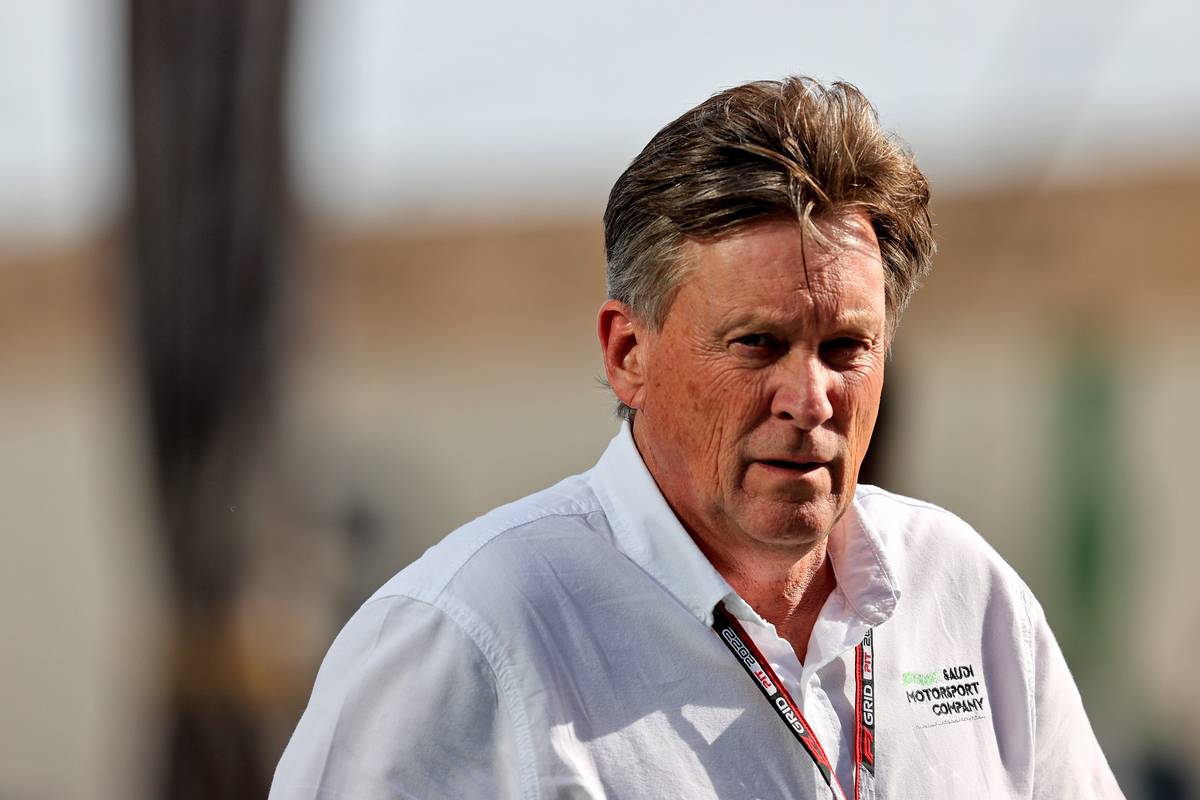
Saudi Arabian GP CEO Martin Whitaker
Whitaker confirmed that the sum of the changes would slightly reduce overall lap times around the Jeddah Corniche Circuit.
"It will reduce the lap time somewhat, but probably not an awful lot," he said.
"I mean, effectively, you could argue that improve sight lines could even give drivers greater competence through some of the corners.
"So we might see even greater speeds through some of the corners."
Last year, Mick Schumacher suffered a high-speed crash during qualifying when the Haas charger was caught by a kerb at Jeddah's Turn 10.
Whitaker noted that the track's original kerbs had been designed with F1's 2021 cars in mind, which is why the kerbs were changed to better cope with the profile of the sport's new-generation machines.
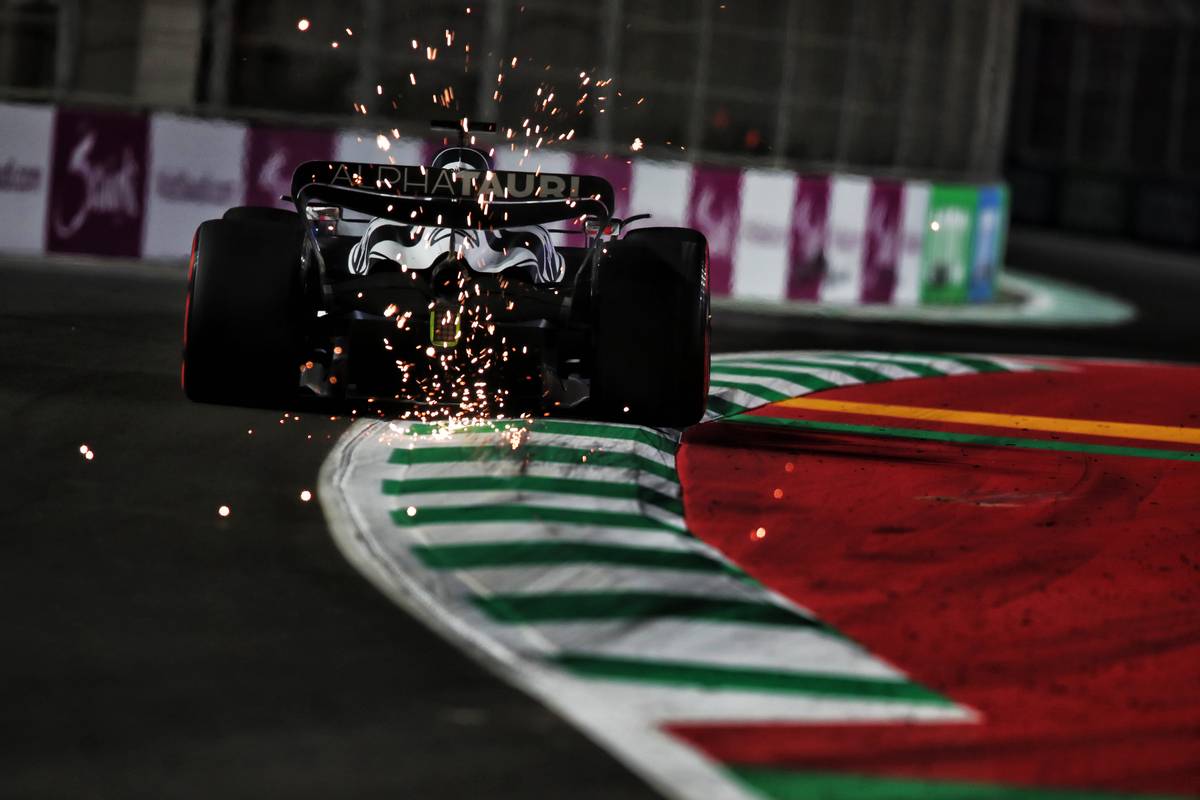
"One of the issues, if you remember was that the track was designed and constructed in the ’21 era car, and therefore when we got to the ’22 era car - I imagine that there will be other circuits who faced this issue as well - the kerbs did not work well with the modern era car and as a result of that ’22 design," he explained.
"And so to that end, we’ve changed pretty much all of the kerbs as well.
"They’re much smoother up and a much decreased angle on the backside of the kerb so that you won’t get a car effectively losing traction when it gets on top of the kerb."
Keep up to date with all the F1 news via Facebook and Twitter





